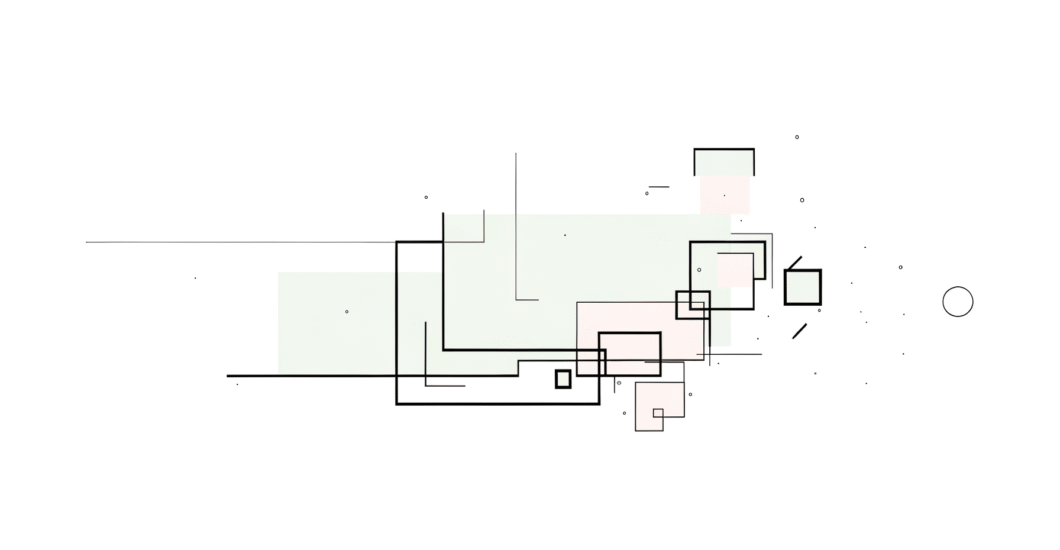Anthropic Sent a Takedown Notice to a Dev Trying to Reverse-Engineer Its Coding Tool
Estimated reading time: 5 minutes
Key Takeaways:
- Anthropic issued a DMCA takedown notice against a developer of its coding tool, Claude Code.
- The incident highlights tensions between intellectual property protection and open-source development.
- Developer responses indicate frustration over perceived restrictive practices, contrasting with competitors like OpenAI.
- The ongoing discussion about code ownership has broader implications for innovation in the tech industry.
Overview of the Incident
Anthropic, a prominent AI player renowned for its cutting-edge developments, took a firm stance against a developer who de-obfuscated its proprietary tool,
Claude Code, currently in beta testing. According to reports from
TechCrunch and
Cryptopolitan, the developer managed to reconstruct readable source code by accessing the obfuscated version released initially. This reconstructed code was then shared on GitHub, prompting Anthropic to invoke legal channels to have the content removed. Such actions are a clear indicator of the lengths companies will go to protect their intellectual property in an arena where value is increasingly drawn from open collaboration.
Details of the Takedown
The focus of this controversy revolves around Claude Code. This tool is designed for agentic coding and showcases a proprietary approach to AI-driven programming. The developer’s actions in accessing the original code’s obfuscation and utilizing source maps to reconstruct its contents are no small feats; however, these efforts led to legal repercussions as Anthropic filed a DMCA (Digital Millennium Copyright Act) complaint. The request resulted in GitHub removing the project, a move that underscores Anthropic’s aggressive protection of its innovations.
Reactions from the Developer Community
The backlash from the developer community was swift and vocal. Many in the tech space viewed Anthropic’s move as excessively restrictive and contrary to the ideals of innovation and collaboration. Reports indicate that social media sentiments were notably negative, with developers expressing their frustration at what they perceived as undue protectionism. The incident notably contrasts the recent actions of OpenAI, Anthropic’s major competitor, which has made its coding tool,
Codex CLI, more open by providing its source code under the permissive Apache 2.0 license. This juxtaposition not only fuels competitive tensions but also opens up a broader conversation about the ethics and practicalities of code ownership in AI technologies.
Licensing and Strategic Implications
A Tale of Two Tools: Claude Code vs. Codex CLI
| Feature |
Claude Code (Anthropic) |
Codex CLI (OpenAI) |
| Source Code |
Obfuscated, not openly available |
Public, Apache 2.0 license |
| License Type |
Restrictive commercial license |
Permissive open-source |
| Modification Rights |
Limited, require Anthropic’s OK |
Broad, including commercial |
Anthropic’s restrictive licensing with Claude Code is not merely an issue of preference; it also hints at a strategic intent to maintain commercialization and, potentially, bolster security measures around a product still in beta. Unlike OpenAI, which embraces an open-source philosophy, allowing broader modification and distribution rights, Anthropic seems to retreat into a fortress of secrecy.
Takeaway: For developers and companies, this moment presents critical lessons about intellectual property and the benefits of transparency. While protective measures can safeguard commercial interests, they also risk alienating valuable community contributors.
Broader Industry Context
This incident underlines more significant industry tensions regarding code ownership, collaboration, and the delicate balance between proprietary technology and open innovation. The decision to issue takedown notices for reverse-engineering activities could set damaging precedents, possibly stifling research and diminishing the spirit of transparency that has driven much of the technology sector’s success.
Anthropic’s Position
Despite the heightened scrutiny and criticism, Anthropic has opted not to comment publicly on this incident. Observers speculate that their motives include concerns over intellectual property protection and ensuring the security of a product that is still being developed. In an industry built on rapid advancement and open discussion, such silence may only exacerbate the backlash from developers who feel stifled by the move.
Conclusion
Anthropic’s legal action against reverse-engineering highlights an urgent conversation about the future trajectory of AI development and the balance between securing proprietary technology and fostering an open, collaborative environment. While the intention behind such protective measures aims to preserve commercial interests, the restrictive nature has raised eyebrows and stirred dissent within the development community.
As the lines between open-source and proprietary software continue to blur, companies in the AI sector must consider their roles in shaping a future that encourages collaboration rather than promotes fear of legal action among developers. This incident serves as a crucial reminder that the path forward should balance the nurturing of innovation with safeguarding intellectual property.
Call to Action: Interested in navigating the complexities of AI in a collaborative and innovative way? Explore our dynamic and adaptive AI solutions at
VALIDIUM or connect with us on
LinkedIn!


